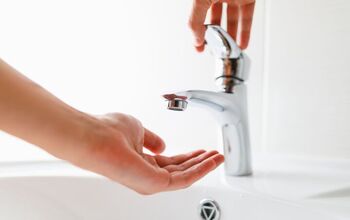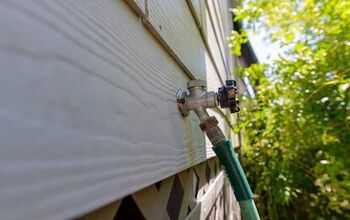Heat Pump Water Heater Vs. Solar: Which One Is Better?

We enjoy many modern amenities that make life more enjoyable. Electricity is a major one. Central air conditioning, particularly in areas that can see major spikes in temperature during the summers. And hot water whenever we went it.
But choosing the right hot water heater is crucial. When it comes to heat pump versus solar, the choice may not be so easy. Generally speaking, both are efficient but heat pumps tend to be better on the budget for installation and are far more convenient to have installed. Solar may save money on utilities over time, but the difference won’t be huge.
Do You Need Water Heater Installation or Replacement?
Get free, zero-commitment quotes from pro contractors near you.

Heat Pump vs. Thermal: an Overview
Before we get started with a comparison of the two, let’s have the 10,000-foot view. It will give us a better understanding of how the two stack up. Then we can get down to the nitty gritty.
While there are different types of solar panels out there, you would want to get something that is specifically fitted for solar hot water use. A solar hot water panel has copper tubes in which water is collected, heated using sunlight, and then sent down into the water storage tank.
A heat pump, meanwhile, pulls the hot air from the room and then uses electricity to move the ambient heat into your water tank. Where it is different from your average water heater, it simply moves heat from one place (the air) to another (the water) without using energy to create new heat.
Heat Pumps are Extremely Efficient
One factor that is definitely in the favor heat pumps is their efficiency. That is the name of the game not only for appliances like a water heater but any energy-consuming appliance within the home. Being able to reduce energy use without sacrificing performance is crucial.
Heat pumps are extremely efficient. The average electric water heater may achieve 100% efficiency, meaning that you get as much energy as you put in. But the average heat pump provides 300% energy efficiency, making it one of the lowest-cost appliances that you have.
The Differences Between Heat Pumps and Solar Water Heaters
While efficiency is one important aspect, it is still just one aspect worth considering. There are several main differences between the two and we are going to take a look at the important features of each style of water heater.
Solar Isn’t Totally Solar
While it may sound like solar energy would provide a cheaper option, let’s get one thing out of the way. Your solar water heater will not be 100% solar. It can only heat water with direct sunlight, so it won’t be able to do so in shade, at night, or on particularly overcast days.
Solar water heaters need to have a gas or electric booster. If you live in areas that experience inclement weather for longer stretches, you will need to have a booster to keep getting hot water. So, while solar may provide some savings compared to traditional gas or electric, there are caveats for certain.
Heat Pumps Have Lower Up Front Costs
While most tend to focus on the impact that one of these units may have on month-to-month energy consumption, there is of course the cost of installation to be considered. Part of the “savings” in one unit may be offset by a particularly steep installation cost.
When it comes to installation, the up front costs for heat pumps are up to 50% lower than solar. Solar installations can be quite costly and may not be worth it for some given the need for a booster. Heat pumps can heat water any time, day or night, and won’t need a booster for any year.
Solar Requires Extra Piping
Perhaps another factor that goes in the column of heat pumps is the extra piping. Part of the reason that installation prices are so different for the two comes down to the necessity for extra piping for thermal installations.
Thermal panels have a need for direct sunlight, which means that there may be additional piping needed to perform the installation. Because there are more placement options for heat pumps, they require a simple installation and less space to boot.
Heat Pumps are not at Risk
Remember when we talked about inclement weather above and how it could play a role in the efficiency of your solar unit? Well, there is another caveat of that inclement weather and that could be potential damage to your water heater.
Solar panels are exposed to the elements at all times. If a particularly bad storm comes along, it could lead to damage to your solar panels. Since heat pumps are never exposed, they don’t share the same risk.
When Would You Want to Consider Solar?
So far, it is looking like the clear option is a heat pump for a variety of reasons. But there are certainly reasons why you would want to go with a solar water heater as opposed to a heat pump. Prime among them are space.
You have to have the space for a tank inside your home if you go with ah eat pump. If you are light on space, solar panels make more sense because they get installed on the roof. If you aren’t considering solar panels, then you can go with a close-coupled solar hot water system. This is where the tank goes on the roof, which helps you to enjoy your energy-efficient water without the need for additional space.
When Would You Want to Consider Heat Pumps?
Aside from space, the only other major con for heat pumps is that they can make a bit of noise. That said, a lot of modern models are pretty quiet so you should not really notice them. The benefits, however, can far outweigh the negatives.
Heat pumps are extremely efficient, are not exposed to the elements so they don’t face damage issues and are much more budget-friendly in terms of installation. If you want to find something that can be installed for fairly cheap, then a heat pump is likely the best bet.
Combining the Two
Then again, why make a choice at all? Having a solar panel array can power your home while the heat pump can run off that renewable, clean energy coming from the roof. It is the best of both worlds to provide the most efficient, reliable hot water experience that you can think of.
This is especially true now that solar panels have become more affordable. On average, solar panels can pay for themselves within 3 to 7 years. They can also cut electricity bills by as much as 60% depending on certain factors.
Even better, the solar system will help to cut hot water costs. It does this by essentially acting as a hot water battery to the heat pump. You can time the heat pump to power up around midday, storing all that solar energy as hot water. Your family is then free to use the solar-powered water whenever they choose, even if the sun is nowhere to be seen.
Do You Need Water Heater Installation or Replacement?
Get free, zero-commitment quotes from pro contractors near you.

What’s the Verdict?
At the end of the day, there is a clear choice but personal factors can play a major role in what you go with. If space is an issue, then a solar water heater may be the best option. Being installed on the roof is a major space saver.
The clear pick, however, is the heat pump. Not only is it more effective and efficient, but the installation costs are substantially lower. Plus, you never have to deal with a lack of hot water due to climate conditions or a lack of sunlight.
Really, both are fine options and should save you quite a bit on your energy consumption costs. But if you want a budget-friendly installation option, there is no better choice than going with a heat pump for your needs.

Ryan Womeldorf has more than a decade of experience writing. He loves to blog about construction, plumbing, and other home topics. Ryan also loves hockey and a lifelong Buffalo sports fan.
More by Ryan Womeldorf



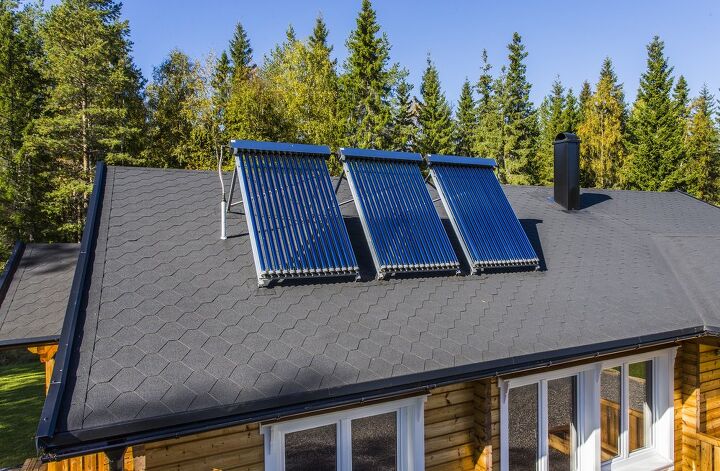






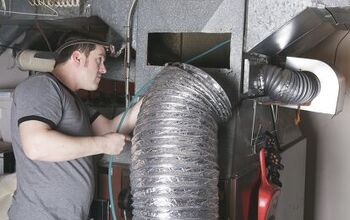
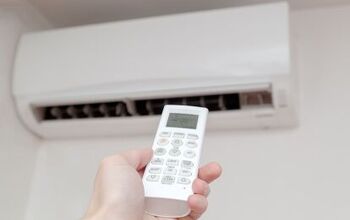
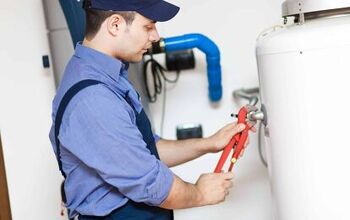
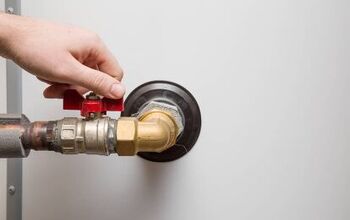
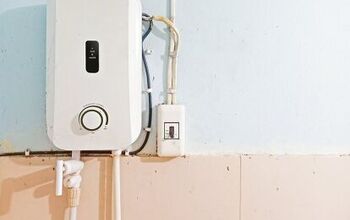


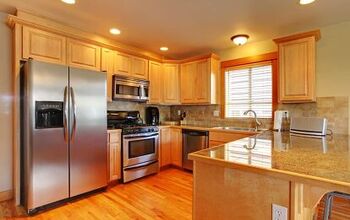
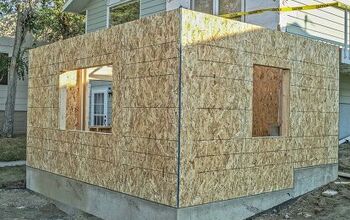


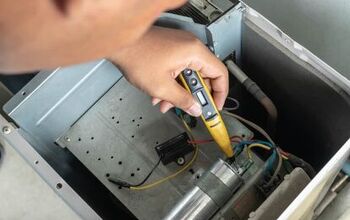
![Standard Dining Room Table Dimensions [for 4, 6, 8, 10 and 12 People]](https://cdn-fastly.upgradedhome.com/media/2023/07/31/9074335/standard-dining-room-table-dimensions-for-4-6-8-10-and-12-people.jpg?size=350x220)
